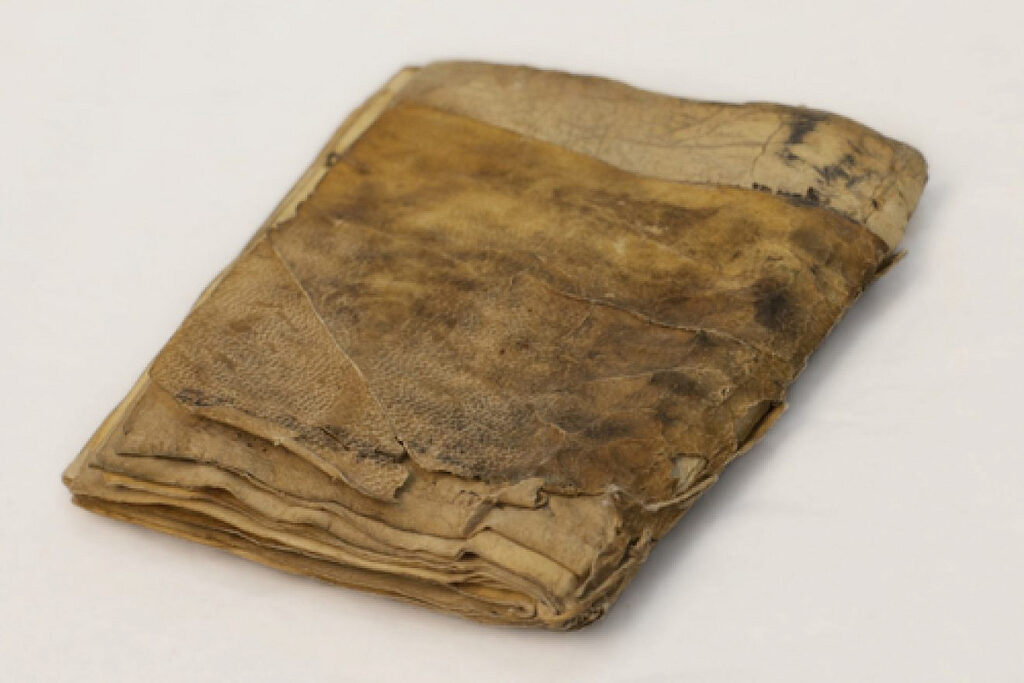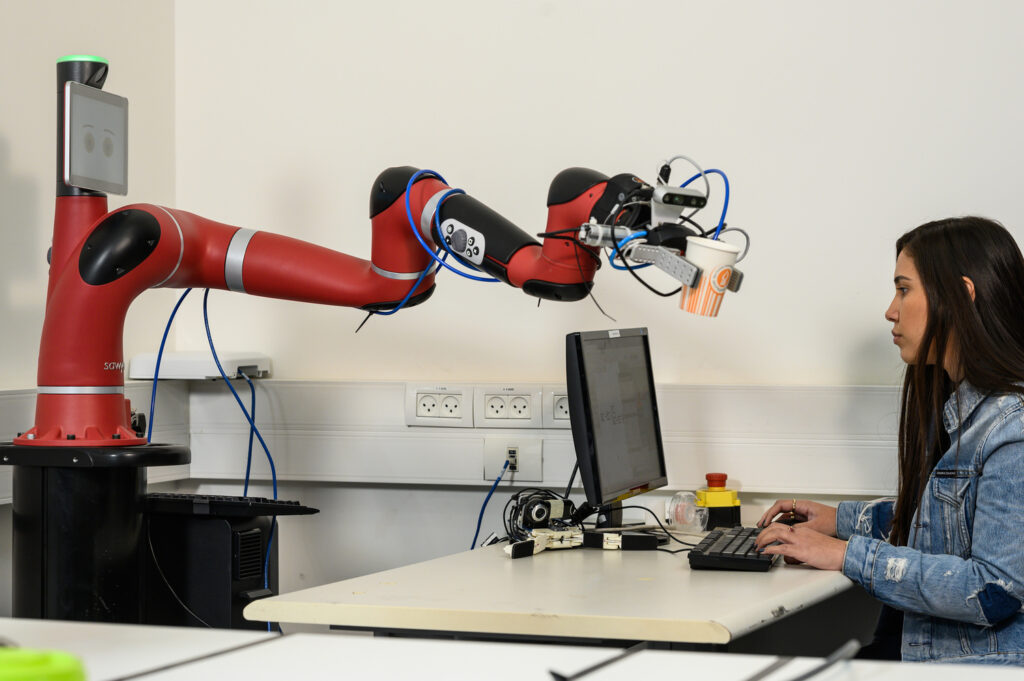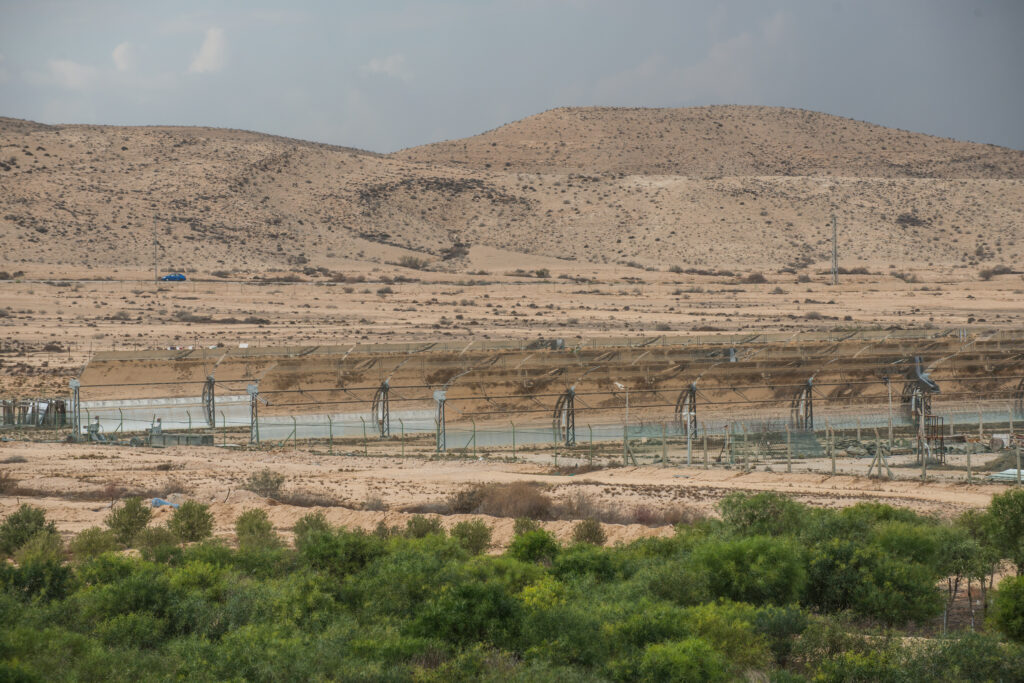
Engineering Students Develop Device to Help the Blind Maneuver
Engineering Students Develop Device to Help the Blind Maneuver
May 14, 2010
Press Releases, Robotics & High-Tech
BEER-SHEVA, ISRAEL, June 3, 2010 — Ben-Gurion University of the Negev students have developed an innovative optical radar system that helps blind people maneuver around obstacles.
 The radar system incorporates a computer, two video cameras and a scanning light source to warn the blind of obstacles with audible alerts. The system detects obstacles — even those overhead — by scanning the depth of its surroundings, taken from two different angles – similar to that of the human eye.
The radar system incorporates a computer, two video cameras and a scanning light source to warn the blind of obstacles with audible alerts. The system detects obstacles — even those overhead — by scanning the depth of its surroundings, taken from two different angles – similar to that of the human eye.
Developed by two engineering students, Elad Kuperberg and Einav Tasa, under the supervision of Professor Shlomi Arnon, the system was shown for the first time last week as part of the annual conference of projects in the Department of Electrical and Computer Engineering.
The number of vision-impaired people worldwide is estimated to be between 40 and 45 million. Many types of assistance “devices”, such as seeing-eye dogs and sticks equipped with sensors are available to help the blind avoid obstacles so they can move around “freely.”
“Each system has its disadvantages,” according to Prof. Arnon. A seeing-eye dog needs extensive and expensive training, and can only work for an average of seven years. There is also a severe shortage of guide dogs. Additionally, the sensor sticks cannot identify barriers above floor level and their use requires many skills. All of these systems restrict the use of one hand.
“This optical radar device is not only user friendly, but unlike the other solutions it allows the blind to have the use of both of their hands.” Approximately 90 projects developed by 155 BGU engineering students were presented at the conference; some were theoretical and others practical, in the fields of electrical circuits and supply, microelectronics, control, communications, signal processing, computers, electro-magnetics and electro-optics.
“Several of the projects have been carried out in cooperation with private industry, giving students the possibility of easily finding work after graduation,” said Prof. Dan Sadot, head of the Department of Electrical and Computer Engineering. BGU produces 45 percent of Israel’s engineers, and its annual project day is well attended by industry recruiters and venture capitalists.
ABOUT AMERICANS FOR BEN-GURION UNIVERSITY
By supporting a world-class academic institution that not only nurtures the Negev, but also shares its expertise locally and globally, Americans for Ben-Gurion University engages a community of Americans who are committed to improving the world. David Ben-Gurion envisioned that Israel’s future would be forged in the Negev. The cutting-edge research carried out at Ben-Gurion University drives that vision by sustaining a desert Silicon Valley, with the “Stanford of the Negev” at its center. The Americans for Ben-Gurion University movement supports a 21st century unifying vision for Israel by rallying around BGU’s remarkable work and role as an apolitical beacon of light in the Negev desert.
About Ben-Gurion University of the Negev
Ben-Gurion University of the Negev embraces the endless potential we have as individuals and as a commonality to adapt and to thrive in changing environments. Inspired by our location in the desert, we aim to discover, to create, and to develop solutions to dynamic challenges, to pose questions that have yet to be asked, and to push beyond the boundaries of the commonly accepted and possible.
We are proud to be a central force for inclusion, diversity and innovation in Israel, and we strive to extend the Negev’s potential and our entrepreneurial spirit throughout the world. For example, the multi-disciplinary School for Sustainability and Climate Change at BGU leverages over 50 years of expertise on living and thriving in the desert into scalable solutions for people everywhere.
BGU at a glance:
20,000 students | 800 senior faculty | 3 campuses | 6 faculties: humanities & social sciences, health sciences, engineering sciences, natural sciences, business & management, and desert research.
For all press inquiries, please contact:
James Fattal, J Cubed Communications
516.289.1496



